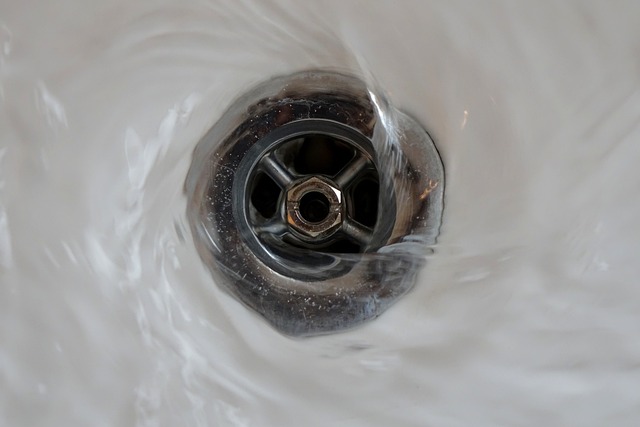The Importance of Regular HVAC Maintenance for Optimal Performance
Regular hvac maintenance is crucial for ensuring optimal performance and preventing drainage distress. Neglecting this essential task can lead to a host of problems, including reduced efficiency, increased energy consumption, and even costly repairs. In this article, we will explore the importance of regular HVAC maintenance and how it can help diagnose and cure drainage distress.
One of the primary reasons why regular HVAC maintenance is so important is that it allows for the early detection of drainage issues. Over time, debris, dirt, and other contaminants can accumulate in the HVAC system, clogging the drains and impeding proper water flow. This can result in water leakage, which not only damages the system but also poses a risk of water damage to the surrounding area.
By scheduling regular maintenance, HVAC professionals can thoroughly inspect the system and identify any signs of drainage distress. They can check the drains for blockages, leaks, or any other issues that may be affecting the system’s performance. This proactive approach allows for timely intervention and prevents minor drainage problems from escalating into major ones.
Regular HVAC maintenance also plays a crucial role in preventing mold and mildew growth. When drains are clogged or not functioning properly, excess moisture can accumulate in the system. This creates an ideal breeding ground for mold and mildew, which not only affects indoor air quality but also poses health risks to occupants. By regularly cleaning and maintaining the drains, HVAC professionals can eliminate excess moisture and prevent the growth of mold and mildew.
Furthermore, regular HVAC maintenance helps to improve energy efficiency. When drains are clogged, the system has to work harder to remove condensation and excess water. This increased workload puts a strain on the system, leading to reduced efficiency and higher energy consumption. By keeping the drains clean and free from obstructions, HVAC professionals can ensure that the system operates at its optimal level, saving energy and reducing utility bills.
In addition to diagnosing drainage distress, regular HVAC maintenance also offers effective solutions for curing these issues. HVAC professionals have the expertise and tools to unclog drains, repair leaks, and restore the system’s functionality. They can also provide recommendations for preventive measures, such as installing drain pans or using drain line treatments, to minimize the risk of future drainage problems.
To conclude, regular HVAC maintenance is essential for optimal performance and preventing drainage distress. By scheduling regular inspections and cleanings, HVAC professionals can diagnose and cure drainage issues before they escalate. This proactive approach not only ensures the system’s efficiency but also prevents water damage, mold growth, and other potential problems. So, don’t neglect your HVAC system’s drains – invest in regular maintenance and enjoy the benefits of a well-functioning and trouble-free HVAC system.



